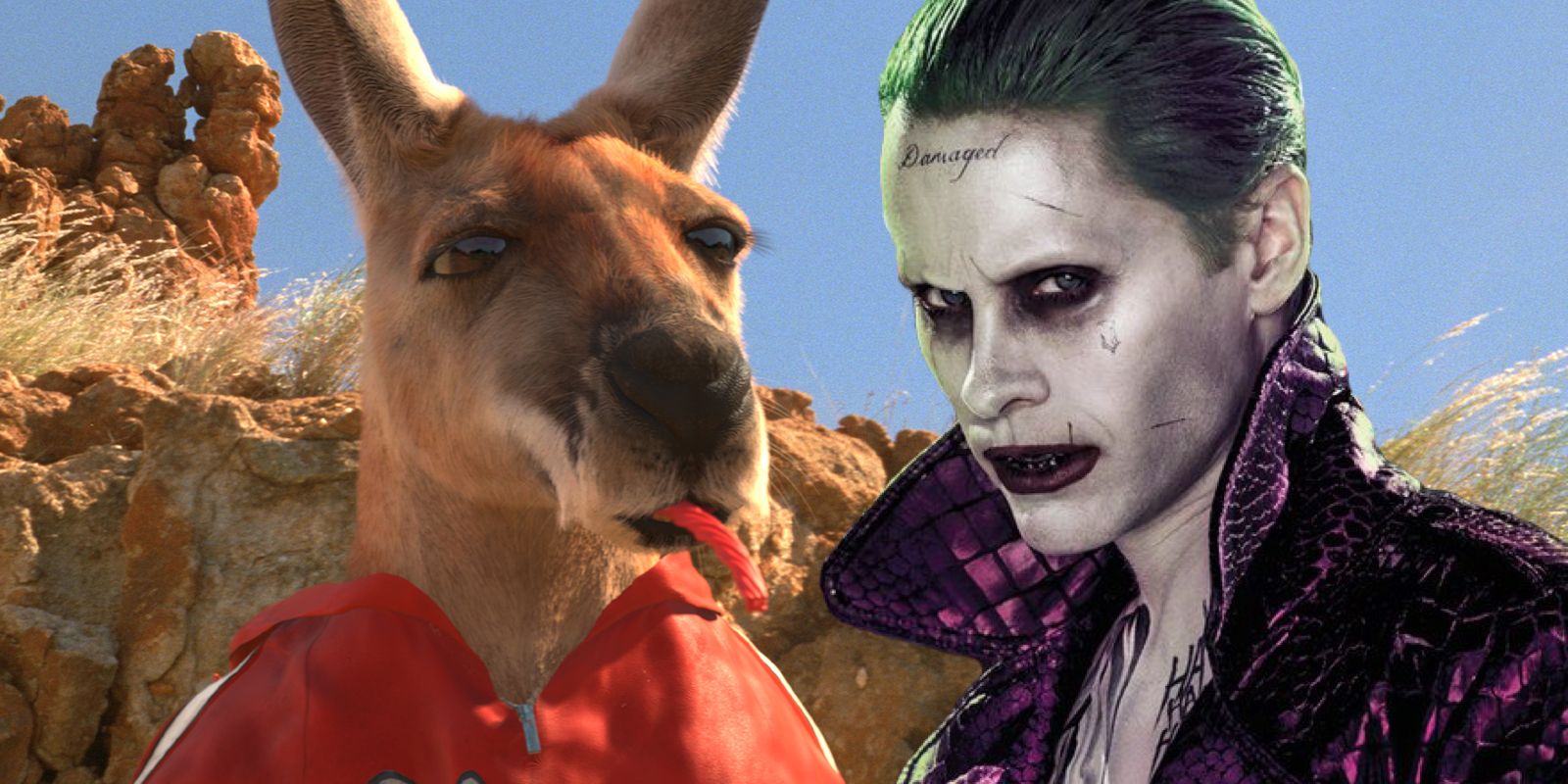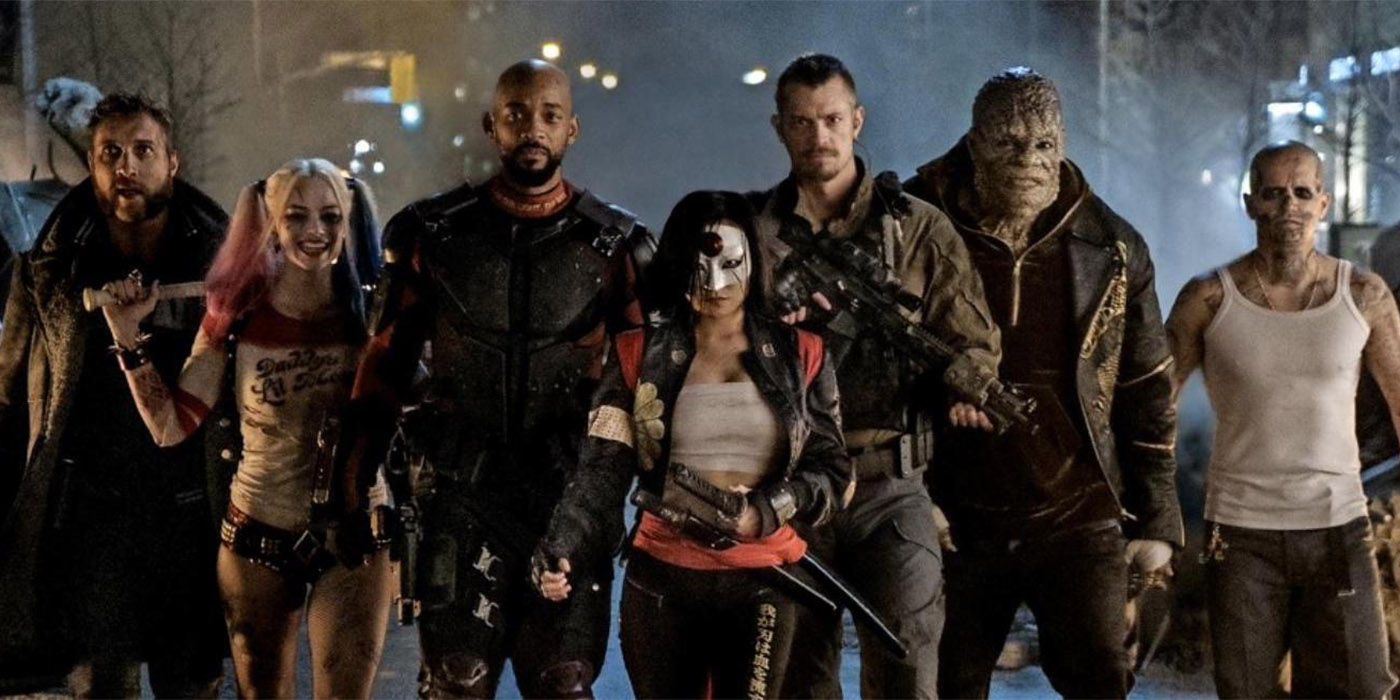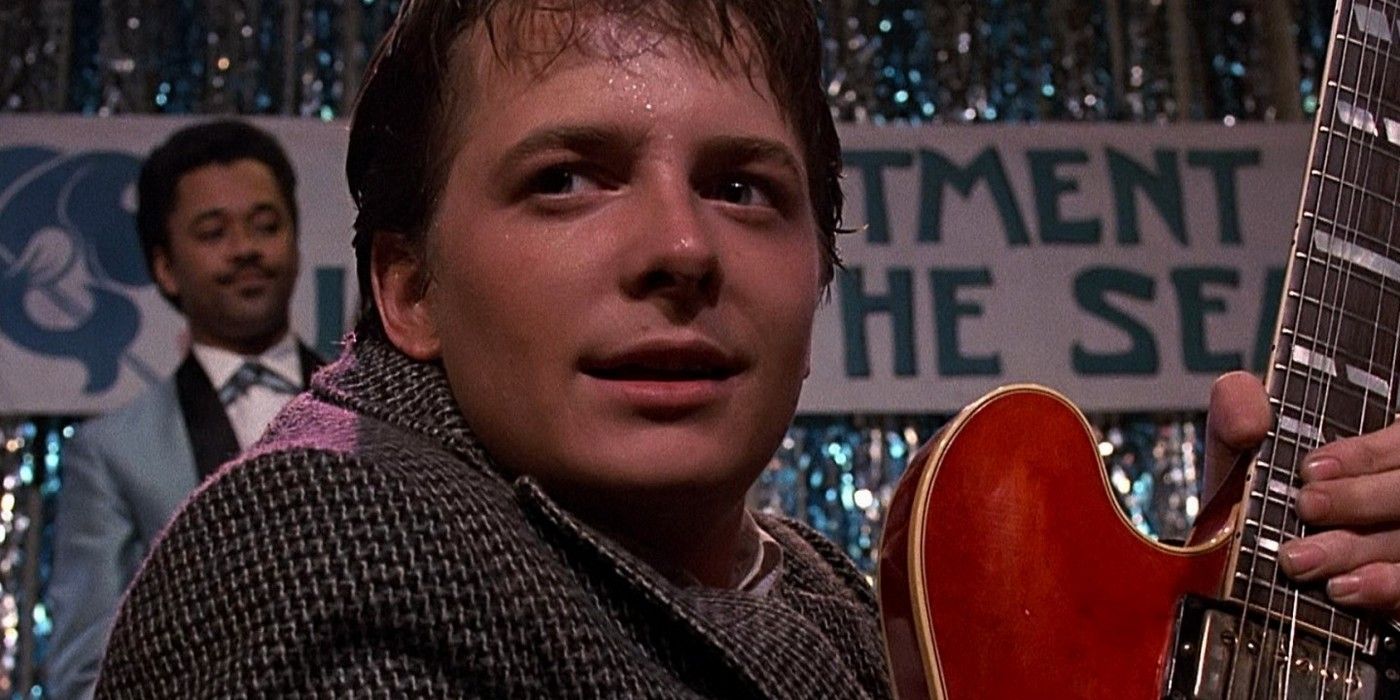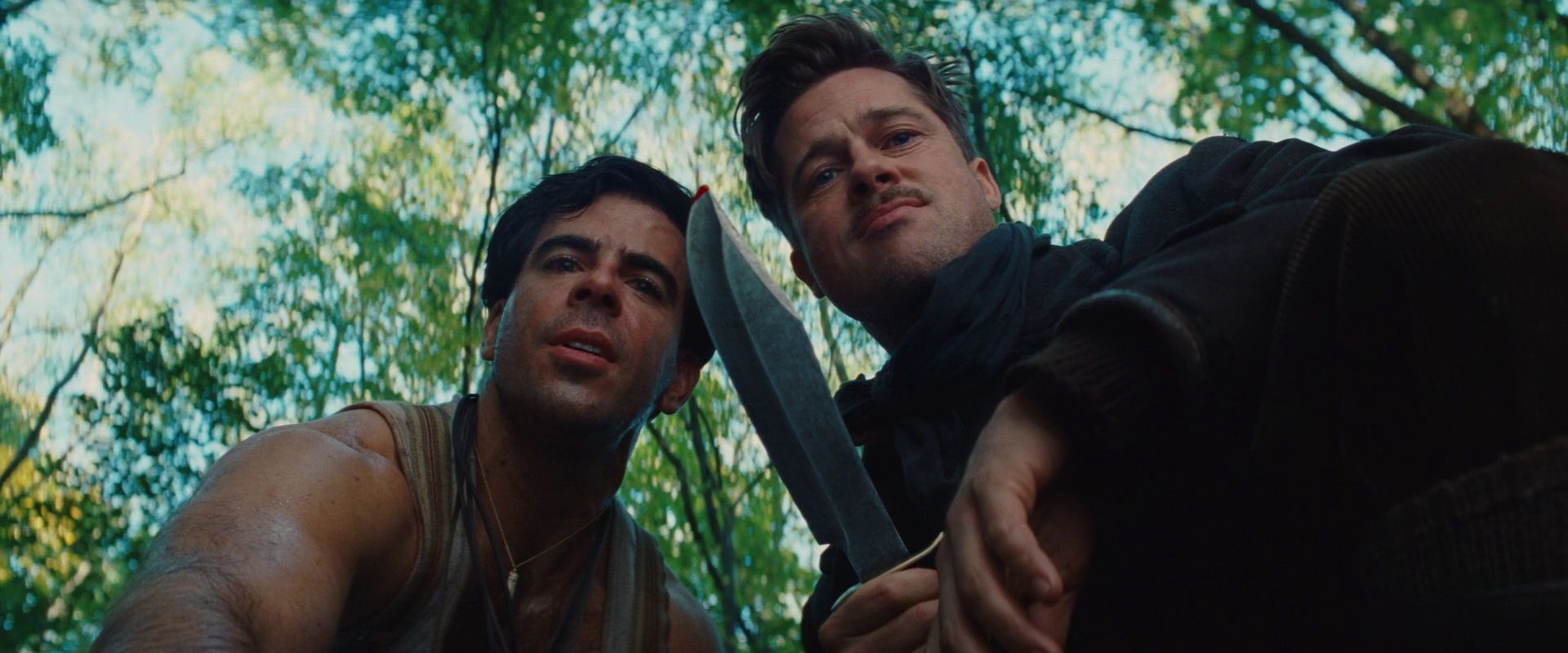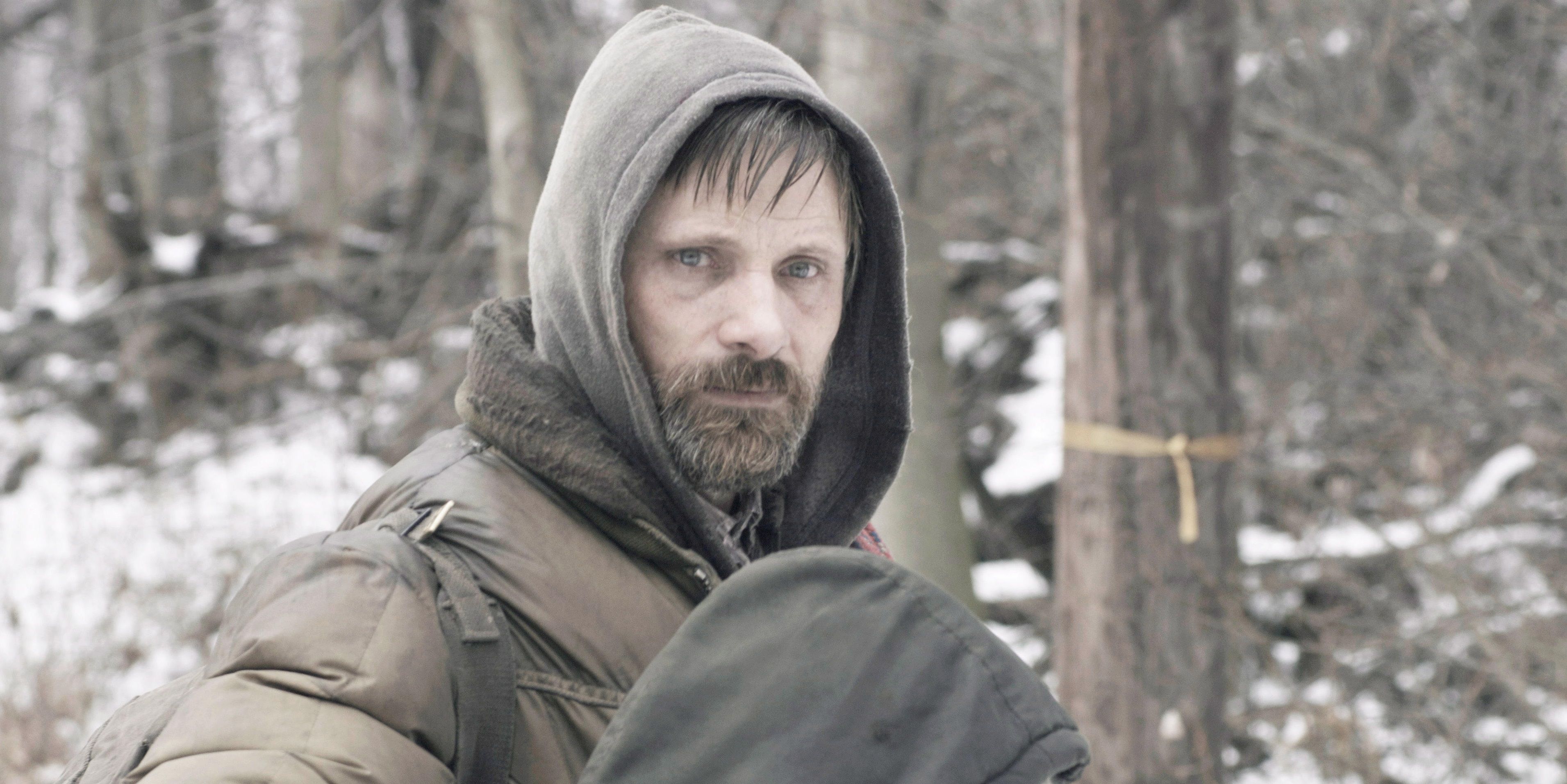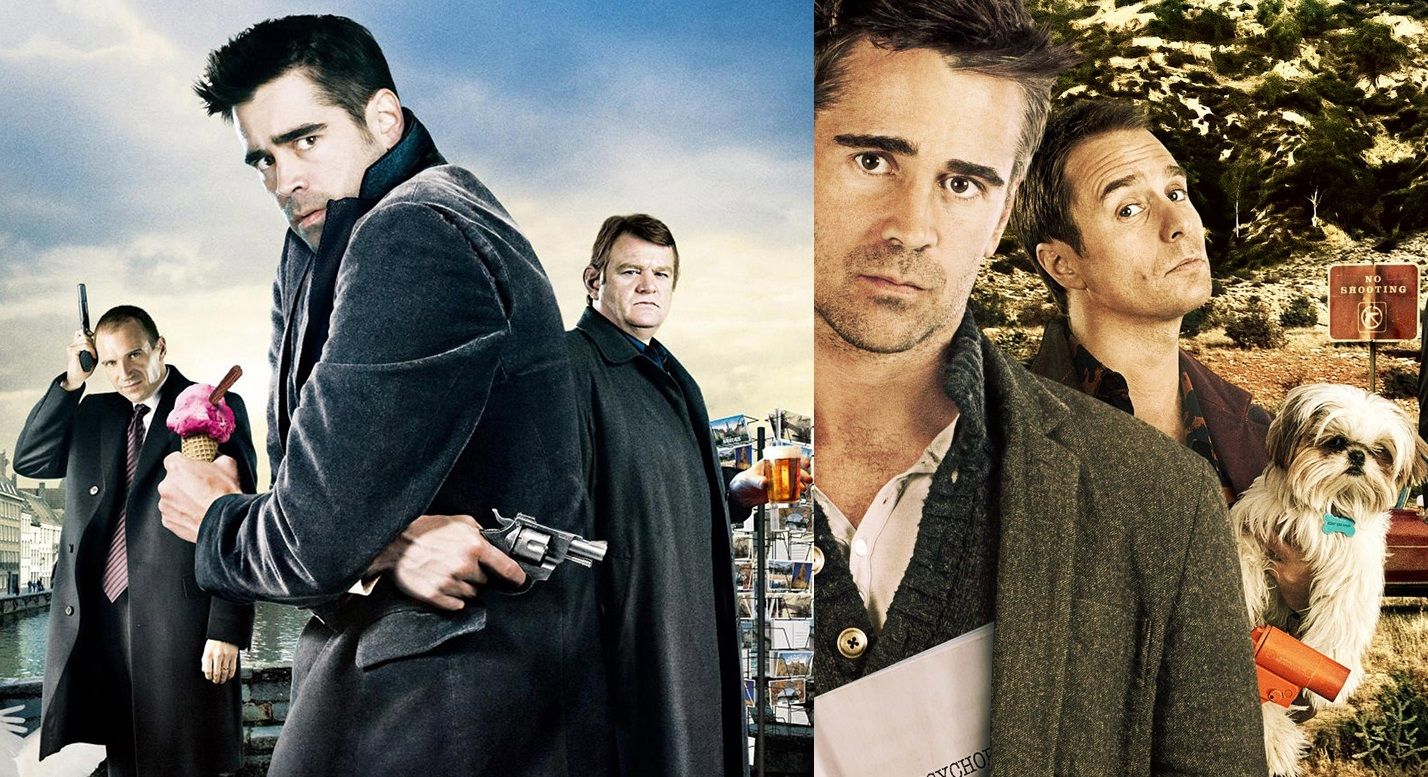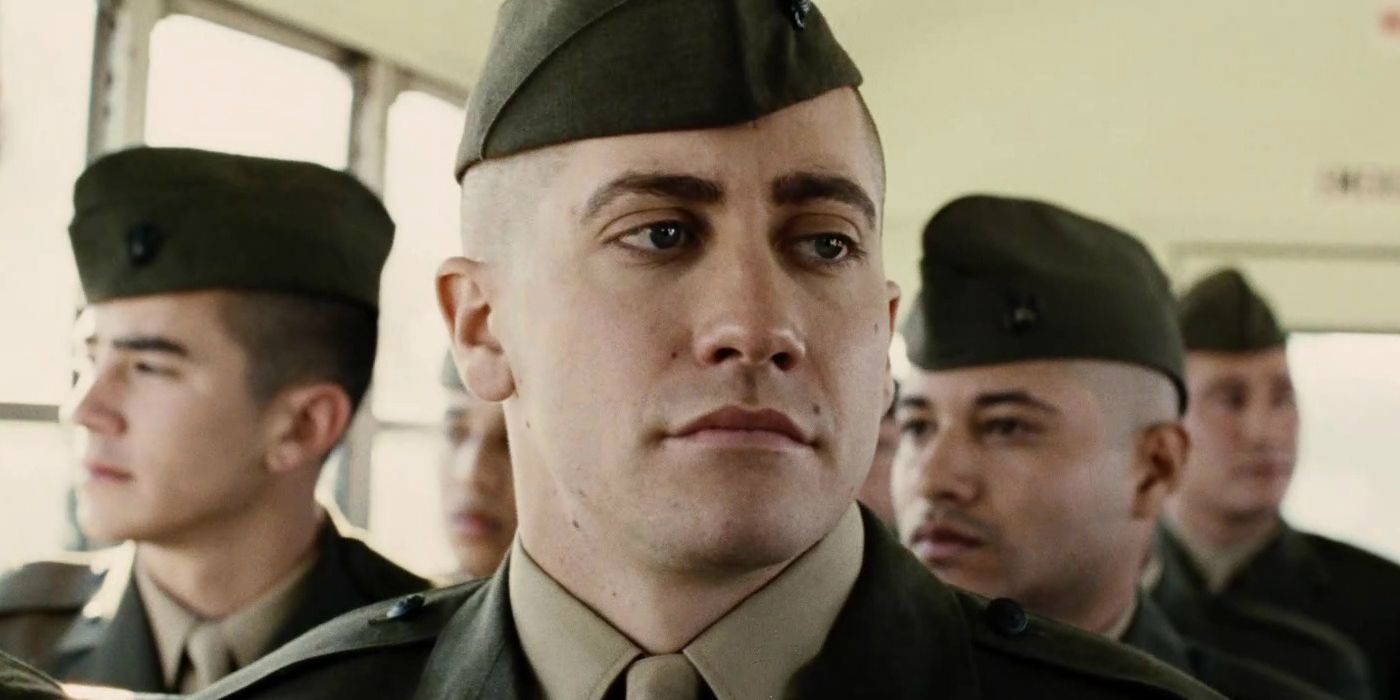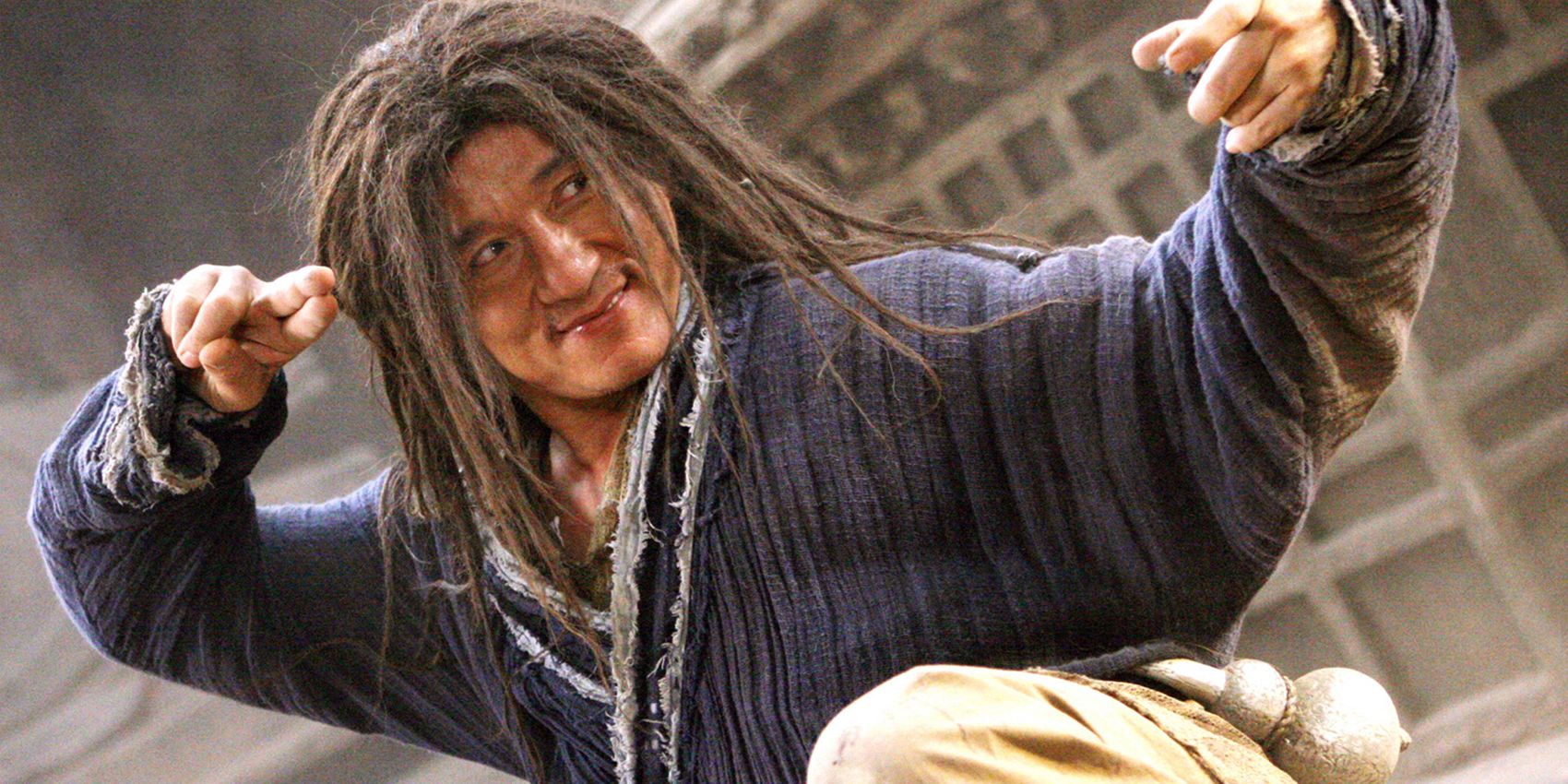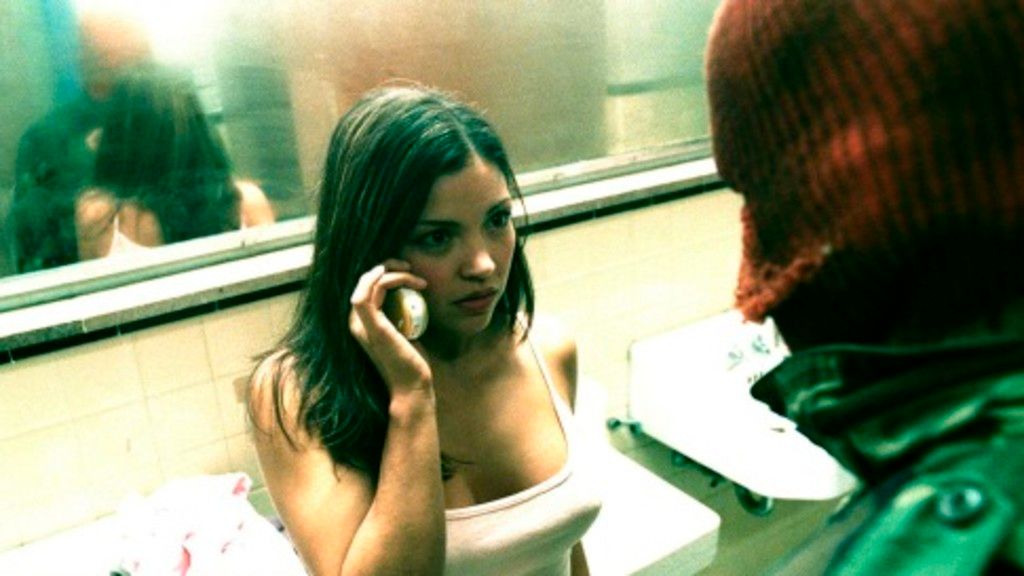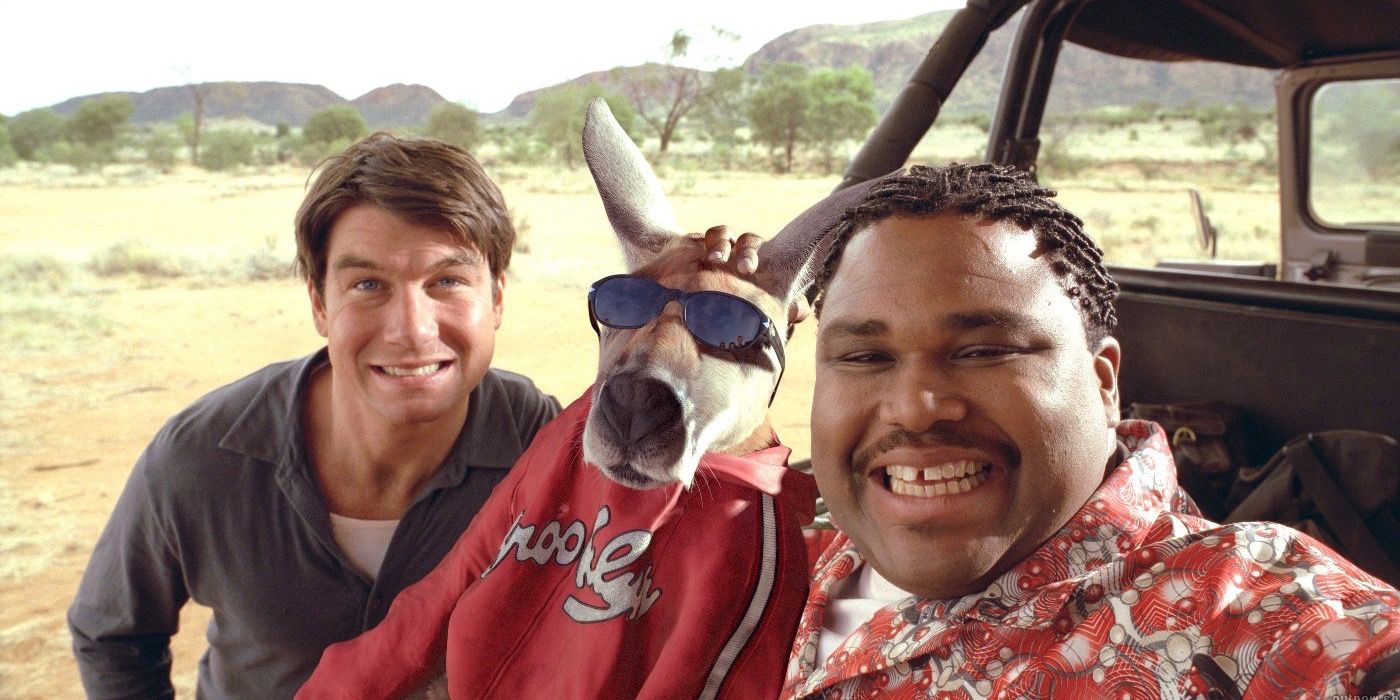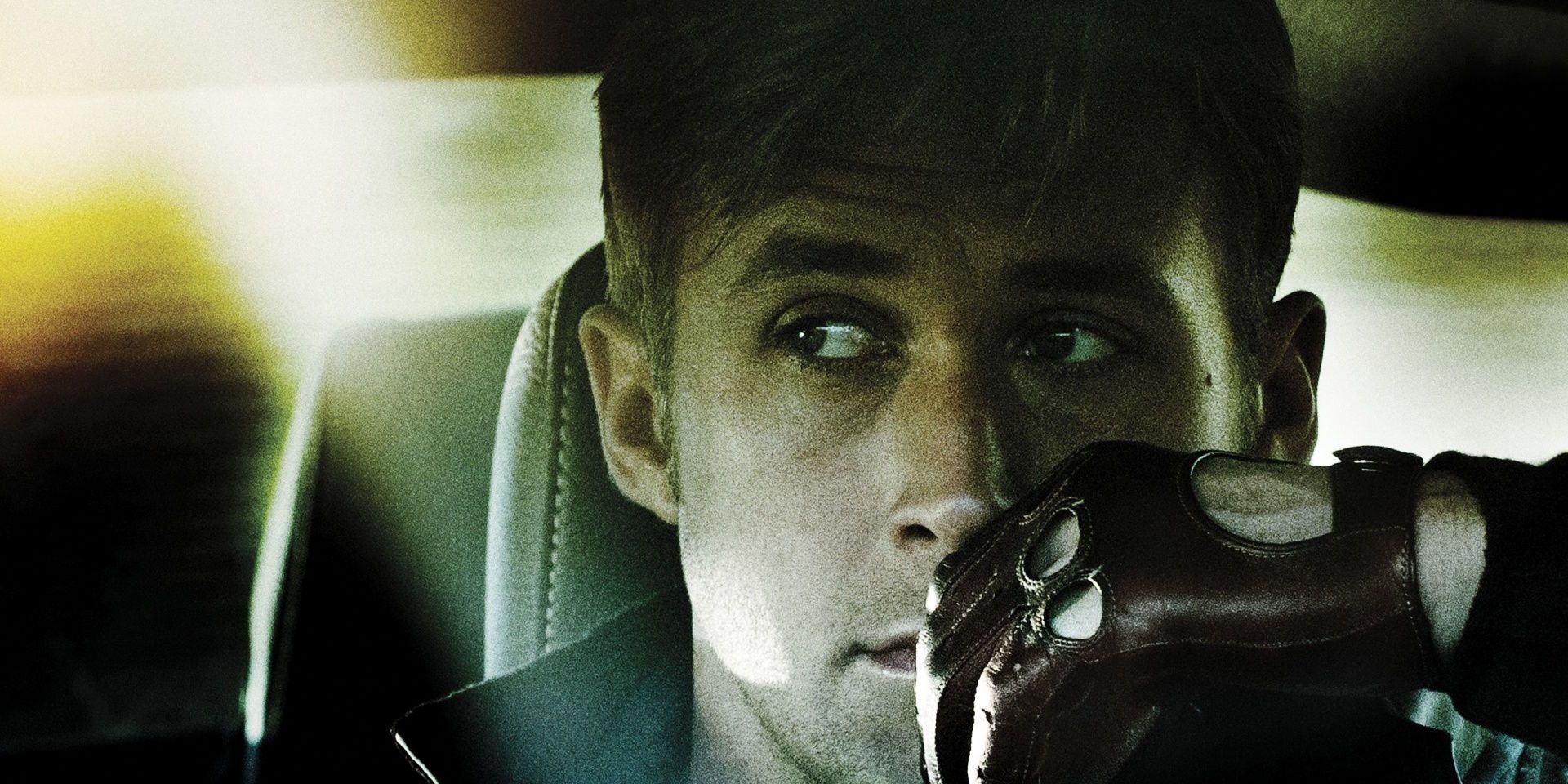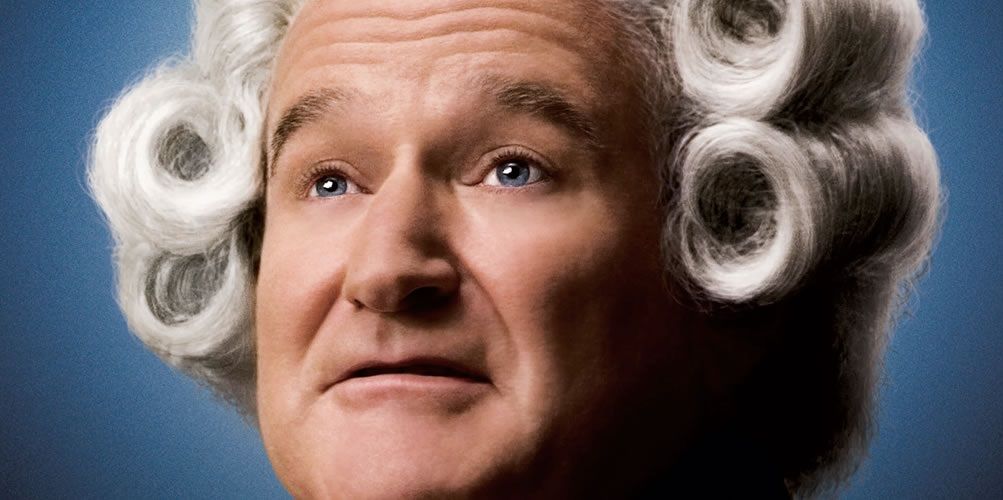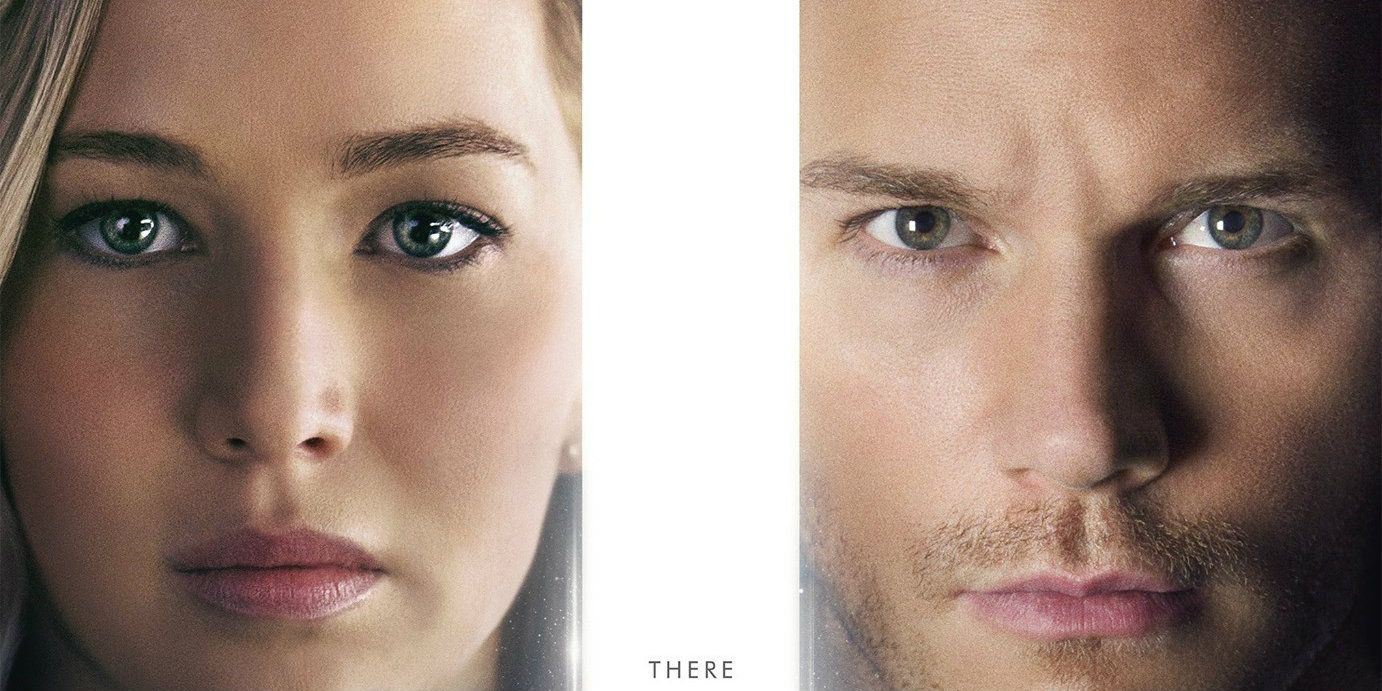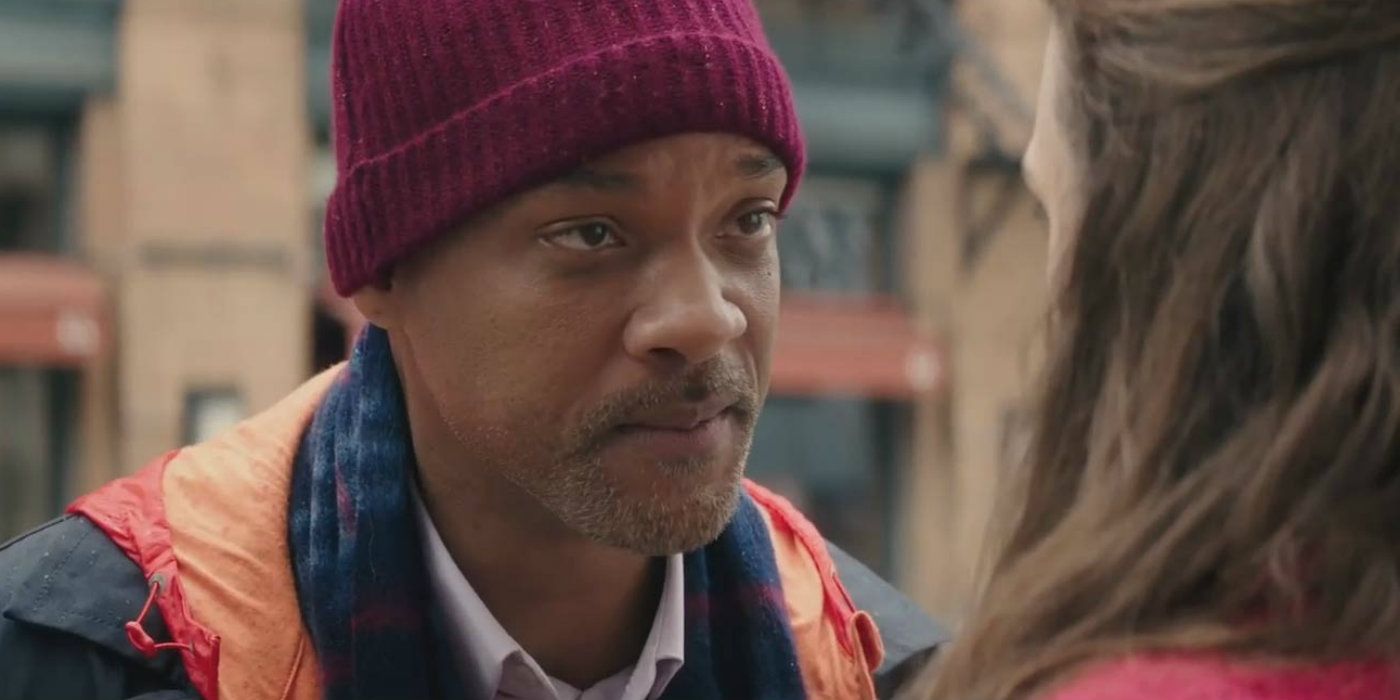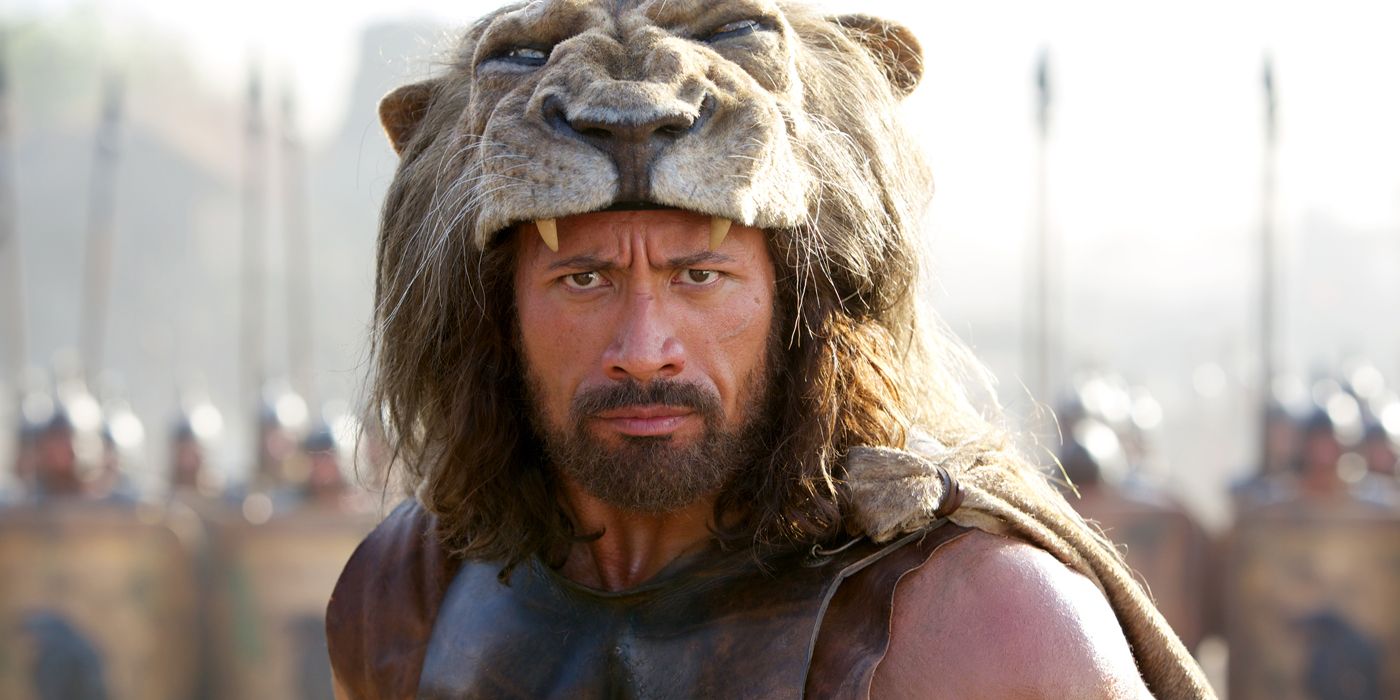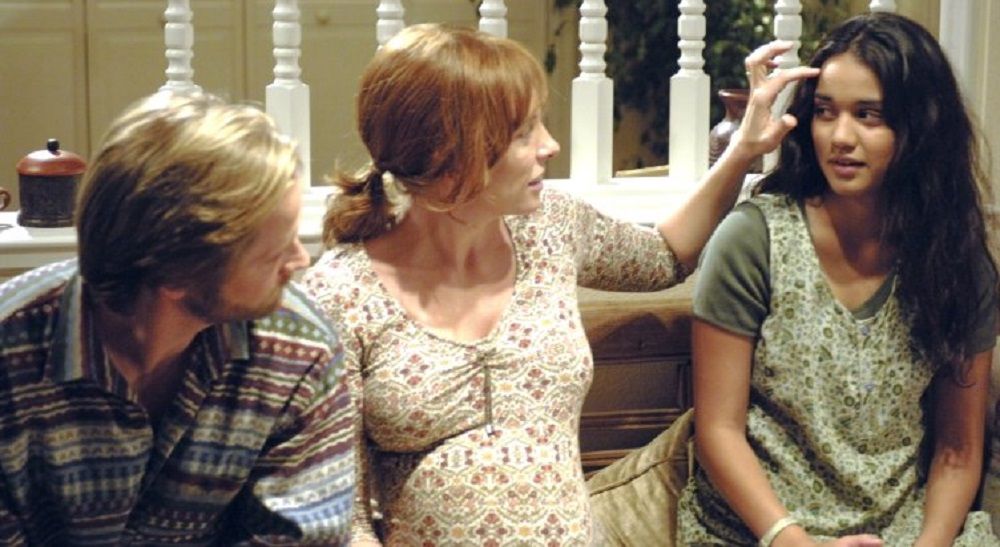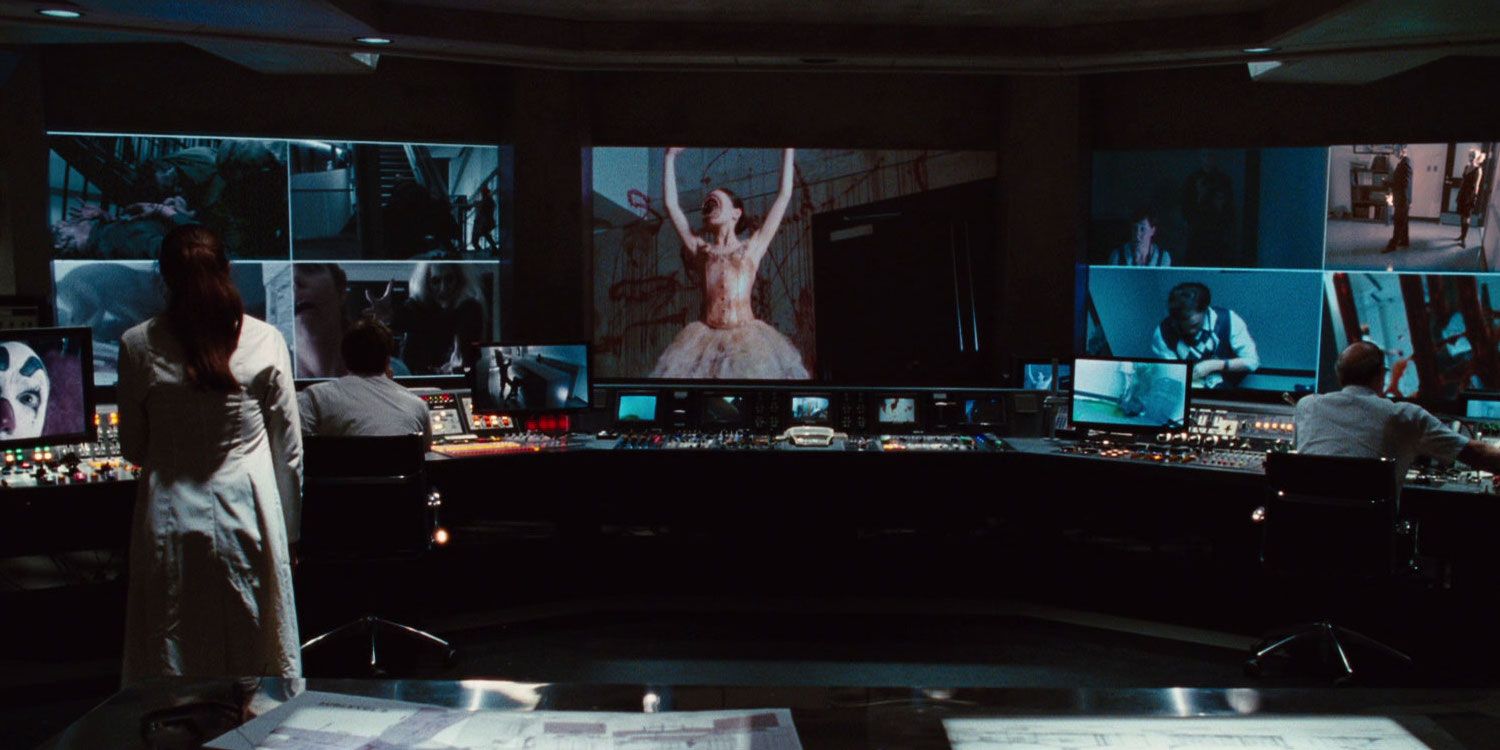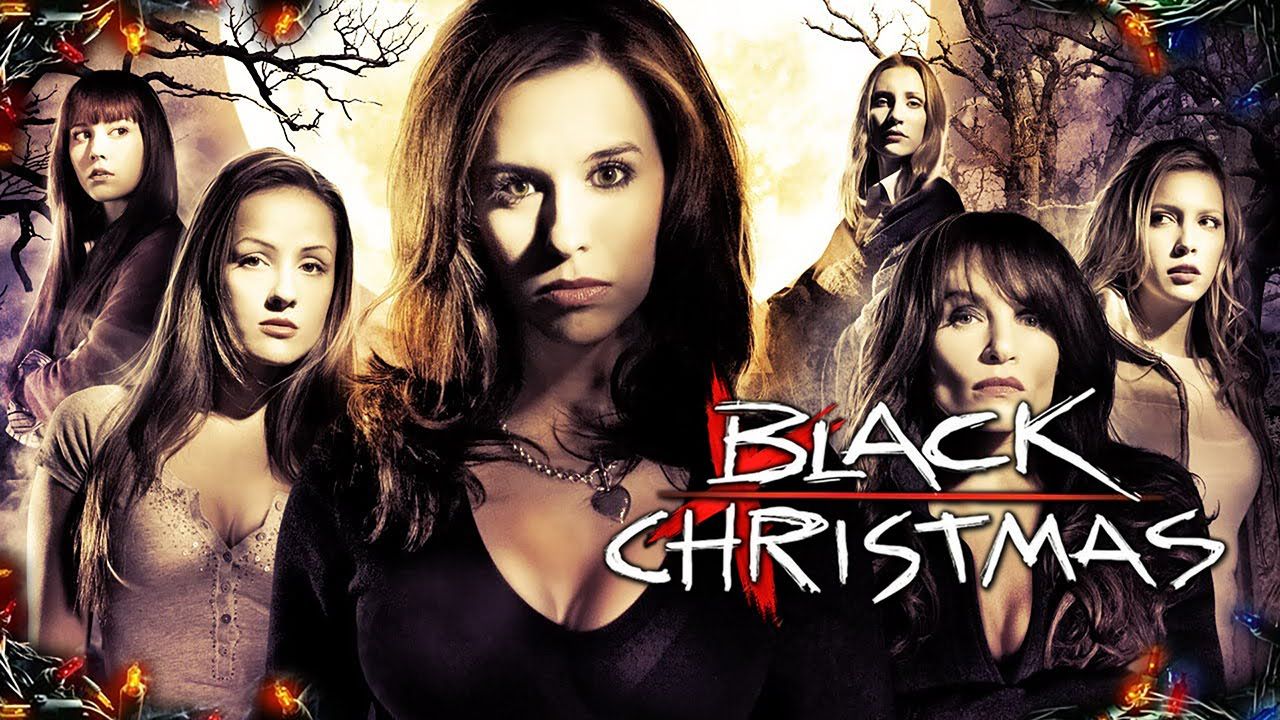A movie trailer is mainly designed to do one thing: sell you on seeing the movie being advertised. The best movie trailers are able to engage and convince an audience to go see the featured attraction, whether the ad shows almost everything the movie has going for it, or barely reveals anything at all. What a movie trailer is, what it can do, and how it's marketed has changed over the decades, but one thing that's managed to continue being a problem are trailers that don't match what was being sold.
It's not too unusual for a trailer to lie about something in order to ensure success, but in some cases, it's practically an unforgivable sin. Whether to make a bad film look good or to overemphasize a crowd-pleasing star in order to get more butts into seats, the following list ranks some of the most egregious examples of misleading trailers. The more controversial a trailer and its marketing, the more likely it is to appear on this list; that includes movies that had massive hype behind them, as well as films that became infamous for their use of misleading advertising. In the case of some of these entries, their misleading trailers are the one thing people most remember about the films.
Don't be anyone's fool as we take you through 16 Movies That Were Completely Different From Their Trailers.
Suicide Squad
Written and directed by David Ayer, Suicide Squad is the third entry in the ever growing DC Extended Universe, and it's comprised of several familiar comic book villains who (forcibly) come together to handle a dangerous situation. The film most notably advertised Margot Robbie as Harley Quinn and Jared Leto as the one and only Joker, with quips and popular licensed tracks in tow.
While licensed music is all over Suicide Squad (or all over its opening few minutes, at least), Leto’s Joker has very little actual screen time, especially when compared to how much the trailers, ads, and merchandise showed him. Leto himself was extremely displeased by this, as were plenty of moviegoers who felt they’d been tricked by the film’s marketing. Also, the film itself wasn’t as light and funny as the trailers would make it seem, so there’s also that.
Back to the Future
Presented by Steven Spielberg, 1985’s Back to the Future has cemented its status in pop culture as a science-fiction classic. It’s the story of one Marty McFly, who bumps into his parents while traveling back to 1955 alongside Doc Brown, the man who took them into the past in the first place. As the title implies, Marty has to go back to the future, and make sure he doesn’t further alter the timeline.
The film’s premise does seem pretty out there, which is why the trailer makes it look like a romantic comedy with sci-fi elements instead of the other way around. This is most apparent with the focus on Marty’s line that “my mom has got the hots for me?” This has led to writer Bob Gale and director Robert Zemeckis criticizing said trailer, as it clearly makes the film out to be more about the accidental (and icky) romance and not the time travel.
Inglourious Basterds
The sixth full-length film by writer-director Quentin Tarantino, Inglourious Basterds is a WWII film that goes from chapter to chapter, character to character, and story to story, mainly focusing on a plot to kill Adolf Hitler once and for all. As can be expected from a Tarantino picture, the film was advertised as a violent and uproarious exploitation-style film, starring a funny-sounding Brad Pitt.
However, the film itself barely stars Brad Pitt and his merry band of Nazi hunters. Rather, the film is actually an ensemble piece, featuring long stretches of dialogue and suspense, often spoken in a language other than English. As for the violence, there isn’t too much of that either, at least when compared to the amount of dialogue-heavy scenes. While this didn’t prevent the film from being a critical and financial success by any means, it did make some moviegoers feel a bit misled.
The Road
Based on the post-apocalyptic novel by Cormac McCarthy, The Road is about a father and son in a destroyed world where some kind of disaster has left it borderline lifeless and largely uninhabited. Trailers for the film showed scenes of destruction and sold the film as an action-oriented, after-the-end style movie. It even implied that Charlize Theron was playing a notable character (her name is even on the poster).
In truth, The Road is a somber, extremely downbeat movie about humanity and the relationship between father and son. We don’t know why or how the world ended (so any footage of destruction was just for the trailer) and Theron’s character barely shows up, and when she does, it’s only in flashbacks. Many people who’ve seen the film have described it as devastating and overwhelmingly depressing, and there’s no doubt its marketing contributed to people reacting to it the way they did.
In Bruges/Seven Psychopaths
Both films featured in this entry have two men in common: writer-director Martin McDonagh and actor Colin Farrell. Both have also come to be known for their misaimed and misrepresentative trailers. In Bruges is about two hitmen who hide out in the city of Bruges, and while the trailer sells the film as a quirky dark comedy, it’s actually a very melancholic and at times depressing film that’s sometimes darkly comedic. So while the plot isn’t too far off, the tone and overall narrative direction certainly is.
Then there’s Seven Psychopaths, whose plot deals with a man writing a screenplay (called “Seven Psychopaths”) and interacting with a variety of people, some of which are more unstable than others. The trailer and other forms of advertising gave the impression of a comedic ensemble film and not the meta-fictional comedy-drama that the film really is. Not to mention that the marketing straight up lies in reference to who the “seven psychopaths” even are.
Jarhead
The trailers and marketing for 2005’s Jarhead sure made it look like a war movie, full of all the action and explosions your average moviegoer would expect from such a film. Based on the memoir by Anthony Swofford, Jarhead tells the tale of a U.S. Marine in the Gulf War, with Jake Gyllenhaal stepping in for the starring role.
However, the marketing and trailer may not have clued unsuspecting viewers into what the film was really about, and that’s how little action our U.S. Marine actually saw. While some reviewers (like Roger Ebert) appreciated the film’s focus on the isolation and mundane activities of war, many a moviegoer felt cheated by trailers that implied that a more traditional war movie was in the cards. That’s probably why the film spawned a couple direct-to-video sequels that were exactly that, barring no real connection to the first film, save for the name.
The Forbidden Kingdom
When your movie stars such legends like Jackie Chan and Jet Li, of course you’re going to want make them the focus of the promotional material. Released in 2008, The Forbidden Kingdom is a wuxia film set in ancient China, and is loosely based on the novel Journey to the West. Sounds like it would be a fun kung fu movie with two well-known martial arts actors, and while the marketing mostly sold it this way, it’s actually only partially true.
The main protagonist of the film is actually an American white kid who gets transported to ancient China and has to help two men (Chan and Li) return a magical staff to its rightful owner. While the film is indeed a martial arts style fantasy film, omitting the main premise from your marketing is pretty devious, not to mention an outright fakeout for folks thinking they were walking into a different kind of movie. At least the trailer features the main protagonist, though he's mostly pushed to the sidelines.
Cry_Wolf
One of many forgotten PG-13 rated “horror” films of the 2000s, Cry_Wolf is unique in its genre, as the story of some boarding school kids who make up a rumor about a serial killer (hence the film’s title). However, the students start to suspect that their made-up serial killer is actually real, once it appears that he’s ended up actually killing people.
While it was marketed as just another slasher film, the slasher footage in the trailer was left out of the film entirely. That’s because it's not actually a slasher flick (justifying its PG-13 rating), but more of a mystery movie that bounces from genre to genre until its conclusion. While the film may not be fondly remembered these days (and didn’t get good reviews at the time), it stands as an example of when the trailers and marketing pretty much outright lie to their potential audience.
Kangaroo Jack
Even by this list’s standards, this one’s pretty weird. Kangaroo Jack is a 2003 comedy film with a PG rating, but it wasn’t originally envisioned as such. It’s about the mafia and money exchanges, with a plot that would make sense for a buddy action-comedy with a PG-13 or R rating. Except that’s not how it was marketed at all.
No, this is a movie that advertised itself as a talking animal film. While the movie does feature lost money on a wild kangaroo, the titular animal only talks (and raps) in a dream sequence that was added to make the film look like a family friendly picture. So to recap: a movie that was originally a straight mafia action-comedy turned into a family oriented talking animal movie. No wonder it was panned by critics and audiences alike, though to its credit, it did manage to turn a small profit.
Drive
Based on the novel by James Sallis and directed by European auteur Nicolas Winding Refn, Drive was an indie success critically, garnering much praise and fans all over. It tells the story of a Hollywood stunt man by day, Hollywood getaway driver by night, who finds himself protecting a woman from those who seek to do her harm. The film is very graphic and violent, and features plenty of synth and atmosphere, creating a film with unique European and American sensibilities.
Of course, that’s not at all how the film was marketed. Aside from some cool character posters, the trailer for Drive made it look like a car chase type of movie, a la The Fast and the Furious. This marketing misdirection was so egregious that one duped moviegoer tried to get a lawsuit out of how mislead she was by the film’s advertising. At least most people now know what to expect when checking out this cult hit.
Man of the Year
Man of the Year was a 2006 political comedy-drama directed by Barry Levinson and starring Robin Williams, both of whom worked together on Good Morning, Vietnam. Man of the Year concerns a political talk show host/comedian who decides to run for president. The film’s trailer seemingly shows you all you need to know: he decides to run and then actually ends up winning the election.
While Levinson’s previous Vietnam could have clued some moviegoers into what sort of film it would end up being, Man of the Year was criticized for swapping out its comedic premise for that of a conspiracy thriller about halfway through, something none of the trailers or ads alluded to. The film earned mostly negative reviews, with many critics not only panning the film’s major tonal shift, but also the comedy that’s featured in the first half. Man of the Year managed to gross double its production budget, but its negative reception has insured that it stays forgotten.
Passengers
Released in late 2016, Passengers stars Chris Pratt and Jennifer Lawrence as two people onboard a spaceship headed to a new planet to start a new life. However, at least as far as the trailer suggests, something goes wrong, and it’s up to the two people awake to do something about it, or else the ship might never reach its destination.
The film’s premise seems simple enough, except that the trailer grossly misrepresents it. The first act actually just consists of Pratt’s character, the only character to wake up from a medically induced cryosleep. He roams around the ship and eventually gets miserable, which then leads him to wake up Lawrence’s character. Not only do none of the ads for Passengers hint at this, but this also made the film open for attack from those who felt as if this made Pratt’s character irredeemable. Either way, the film managed to make back its budget, negative reviews be damned.
Collateral Beauty
Another film released in late 2016, Collateral Beauty features an ensemble all-star cast highlighted by Will Smith, who plays a grieving father coping with the loss of his daughter. As the intentionally-tear-jerky trailer demonstrates, he writes letters to Time, Death, and Love as a way of coping. However, physical manifestations of these three concepts begin to come into his life…
…Except not really. As early as the first twenty or so minutes of the film, Collateral Beauty makes it clear that these manifestations are paid actors, that fellow employees of Smith’s character are filming him and then digitally removing the actors so that it looks like he’s crazy, all in a bid to remove him from the company for fear that his grieving will cause it to fail. How the people behind this film could come up with this concept, let alone sell it as some fantasy Oscar bait, is anyone’s guess.
Hercules (2014)
Released in 2014 and starring the one and only Dwayne “The Rock” Johnson, Hercules was based on a graphic novel, which itself was based on the titular mythical hero. One would expect a movie about such an icon to feature lots of monster fighting, fantastical action, and larger-than-life heroics—the sort of things Hercules has come to be known for over the centuries.
However, the movie actually focuses on a Hercules that’s just a regular guy, who has to form a rag-tag group of mercenaries to help out some folks. It's a far cry from the over-the-top hero most are familiar with, as well as a starkly different film from what most were expecting. Why? Because all those monsters we saw Herc fight in the trailer are all restricted to a montage scene in the first few minutes. So the legend of Hercules is just that: legend. A made-up story meant to frighten his enemies and sell movie tickets. While the film managed to surprise some critics, those looking for pure Hercules action were left more than a little disappointed.
Towelhead
Based on the novel by Alicia Erian, Towelhead is a coming-of-age story about a Lebanese American teen in America dealing with puberty, as well as racism and privacy. Also known under the title of Nothing Is Private, Towelhead was marketed as a much more comedic film than it actually is, and the trailer could easily fool the unlikeliest of moviegoers into thinking so.
In truth, Towelhead is an uncomfortable exploration of more than just race, but sexual awakening, older men coming onto a much younger girl, and all the less-than-glamorous sides of sex. It’s bad enough to mislead your audience into thinking it’s a totally different movie, but it’s especially bad to make certain characters look way better than they actually are in the film. We should also mention that the film is nowhere near as funny as any slice of marketing would have you believe.
The Cabin in the Woods
Directed by Drew Goddard, produced by Joss Whedon, and written by both talented individuals, The Cabin in the Woods is a movie that very intentionally hid what it was really about. The basic premise is that a group of young folk go to the titular cabin in the woods for a weekend of fun, and most probably, sex. However, things start to get real weird and spooky, leading to what you’d usually expect out of a horror film called The Cabin in the Woods.
But as the film’s very first scene shows, this film isn’t about any of that. It’s actually about this underground facility that makes “horror movie” stuff happen to appease a God that will kill us all if they don’t keep sacrificing young people to it. So yeah, it’s a meta-fictional satirical-horror comedy film disguised as a straight horror film about college students getting into trouble in the woods. While it was critically acclaimed, many a filmgoer left the theater feeling duped - if pleasantly surprised.
Honorable Mention: Black Christmas (2006)
Originally a 1974 cult classic, one that helped inspire a whole subgenre and has since been seen as a unique piece of feminist filmmaking, Black Christmas was remade in 2006 to fairly negative reviews. It tells the story of a group of girls who get terrorized by an unknown killer, who, one by one, takes the girls down in gruesome ways.
What makes the remake an interesting case of misleading marketing is that the studio went behind the director’s back and shot scenes specifically for the trailer. So those cool looking kills you see happening were just to make the film look better than it was. All the same, the film made very little money at the box office, but managed to rake in a few more bucks on home video.
--
What other films came to be defined by misleading trailers? Let us know in the comments.

